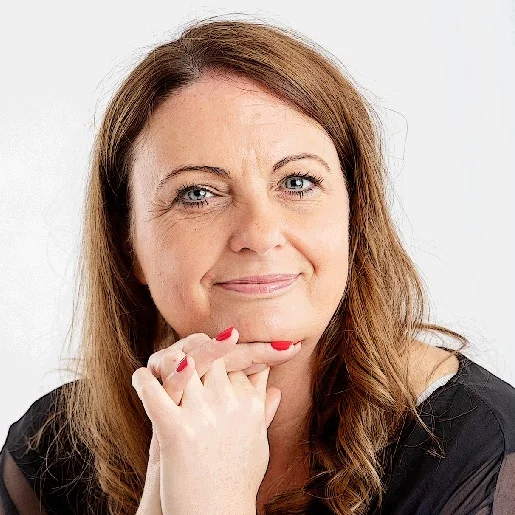Dr Naomi Murphy explores the impact of vision on health
To most of us, the idea of losing our sight is a prospect too dark to contemplate. Thankfully it is something very few of us will face. But it is inevitable that most of us will see a deterioration in our vision as we age.
At its most serious, loss of vision impacts on the pace at which our brain ages. It is associated with increased risk of cognitive deterioration. We’re more likely to develop degenerative diseases like Alzheimer’s if we lose our ability to see.
But there is so much more to sight and light than meets the eye.
Of course, we instinctively know that our eyes play an important role in supporting our mental and emotional health. Light regulates our circadian rhythm and physiology. Light affects our brain waves and can change our mood and our ability to focus or cope with stress.
The eyes have it
Flickering light especially has a powerful effect. Simply walking under trees on a bright sunny day can induce a sense of calm as the glimpses of light stimulate our eyes in the irregular breaks in tree cover. Now researchers are applying science to the use of flickering light, and psychologists are increasingly using lightwave management to enhance cognitive and physical performance.
Naturally, light is the treatment of choice for those who suffer from Seasonal Affective Disorder (SAD). What we also now know is that bilaterally stimulating our eyes can reduce the symptoms of Post Traumatic Stress Disorder. It’s not yet clear how, but it’s hypothesised that the side-to-side eye movements associated with treatments like Eye Movement Desensitisation and Reprocessing (EMDR) trick our mind into the idea that we are moving forward in time, leaving the trauma in the past.
We know that flickering light induces theta brain waves which improve memory encoding and retrieval and has been identified as a possible intervention for those with Alzheimer’s disease. In one study, an hour’s worth of light therapy was enough to stimulate the microglia leading to reduced levels of amyloid plaques and tau protein tangles, the two hallmark signs that indicate Alzheimer’s disease.
Flickering light impact is not only being researched as an intervention to protect against dementia. Scientists are exploring how it might help to regulate impulses in those with ADHD and to stabilise levels of emotional arousal.
Going with the flow
Bilateral stimulation is known to help achieve brain waves changes that can affect our state of consciousness and help us be in a state of “flow”, the term psychologists use to describe a state of total healthy focus. Studies using flickering light appear to indicate a brain wave synchronisation with the light which allows us to feel both calm and focused. Sports professionals have cottoned on to the idea that flickering light improves an athlete’s ability to cope with competitive stress. Remarkably, it can also improve the reaction times of footballers.
Making light work
Can ordinary people access the therapeutic effects of flickering light?
Taking a walk in your local woodland is a great way to start. If you don’t live near any trees, getting out in nature is still a great way to get the healthy brain wave benefits we can access via our eyes. When we are in wide open spaces with an expanded visual field, our brains experience more theta activity and are more creative than walking in built up areas. Hence the term “blue sky thinking”.
But the night before an exam or during a long-haul flight, when stress levels are soaring off the scale, that may not be possible. On those occasions, new devices like RoshiWave are a convenient way to access the benefits of regulated flickering light at the push of a button, on a totally safe portable device the size of a pack of cards. Launched to great acclaim in the US and now available in the UK, RoshiWave is not only an effective aid to meditation but can also help in pain management, relieve anxiety, and help those with bipolar disorder and depression.
Increasingly, new light is being shed on the impact of lightwaves and light management on mental and physical well-being. And while advances in technology are certainly making waves, it is good to know too that simply getting out in nature can light the way to better health.
To read more about light waves and the research behind this article, or to find out more about RoshiWave, visit www.octopuspsychology.com
Dr Naomi Murphy is a clinical and forensic psychologist based in Oundle.

